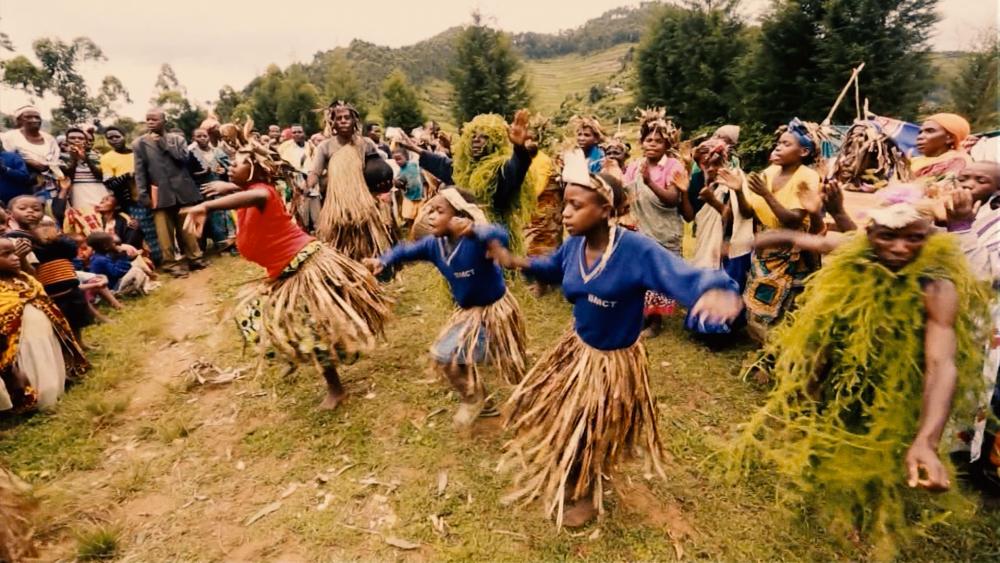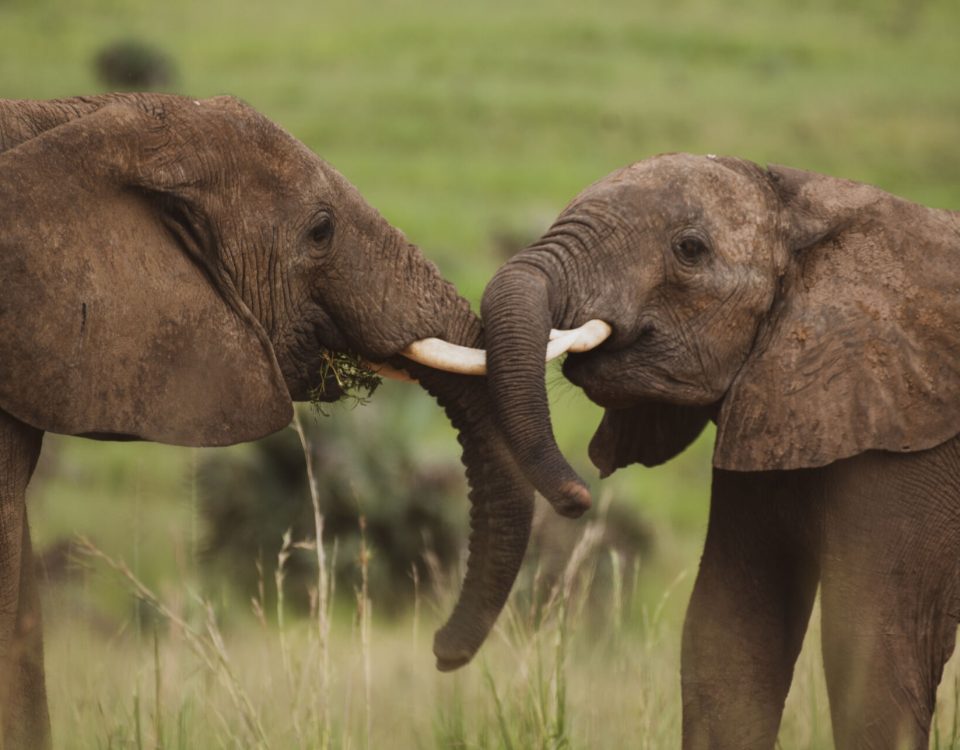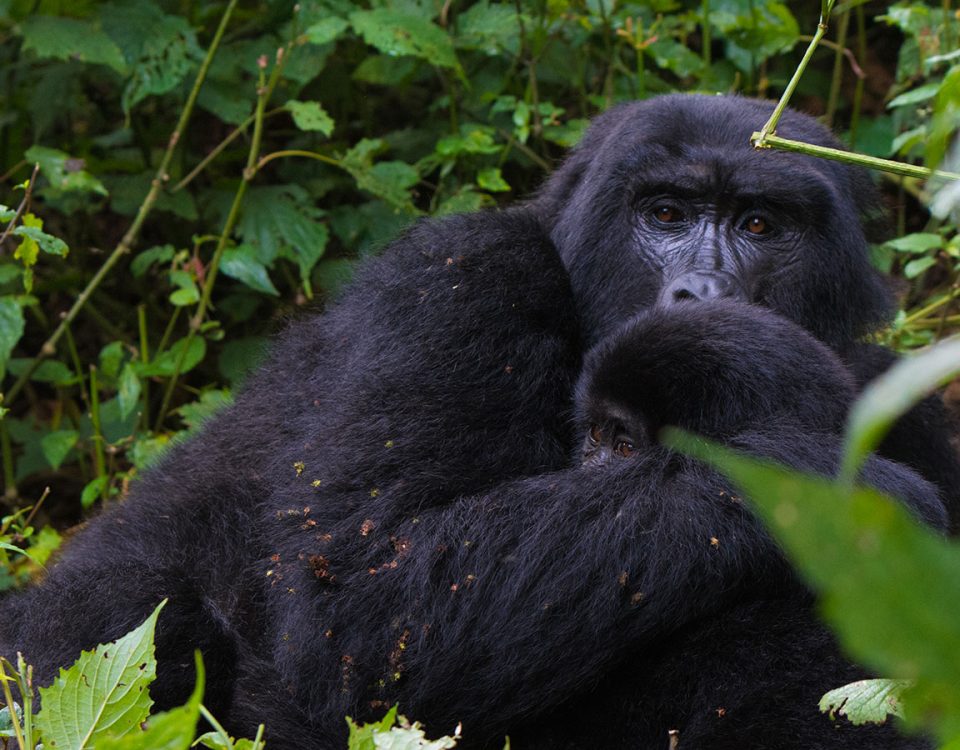
UGANDA AFTER COVID 19 AND THE NEW NORMAL
October 2, 2024PEOPLE AND CULTURE IN UGANDA:
Uganda, a landlocked country in East Africa, is known for its rich cultural diversity and vibrant communities. The nation is home to over 50 ethnic groups, each with its own unique customs, languages, and traditions. The largest ethnic groups include the Baganda, Banyankole, Basoga, Bakiga, and Iteso.
People
Ethnic Diversity: The Baganda, from the central region around Kampala, are the largest ethnic group and have a significant influence on the country’s cultural and political landscape. The Banyankole, primarily cattle herders, are found in the southwest, while the Basoga inhabit the eastern regions along the Nile River. The northern regions are home to the Acholi and Langi, among others, who have distinct cultural practices and histories.
Languages: Uganda’s linguistic landscape is equally diverse, with over 40 languages spoken. English is the official language, used in government and education. Luganda, spoken by the Baganda, is the most widely used local language, especially in central Uganda. Swahili, though not as commonly spoken, is also an official language and serves as a lingua franca in East Africa.
Culture
Music and Dance: Music and dance are integral to Ugandan culture. Traditional music features instruments such as the adungu (a harp), ngoma (drums), and the amadinda (a xylophone). Each ethnic group has its own traditional dances performed during ceremonies, festivals, and social gatherings. The Ganda dance, performed by the Baganda, is one of the most well-known, characterized by rhythmic drumming and energetic movements.
Festivals and Celebrations: Uganda’s cultural calendar is filled with numerous festivals and celebrations. The Kampala City Festival, one of the largest, celebrates the country’s urban culture with music, dance, and food. Traditional ceremonies, such as the Imbalu circumcision ritual of the Bagisu people, mark important rites of passage and are celebrated with elaborate festivities.
Cuisine: Ugandan cuisine reflects the country’s agricultural abundance and diversity. Staples include matoke (steamed green bananas), posho (maize porridge), and groundnut sauce. Dishes often feature beans, sweet potatoes, cassava, and a variety of fresh vegetables. Ugali, a type of maize porridge, is a common dish, and grilled meats, particularly goat, are popular at social gatherings.
Art and Craft: Uganda has a vibrant arts scene, with traditional crafts such as basket weaving, pottery, and beadwork being popular. The craft markets in Kampala and other cities offer a variety of handmade goods that reflect the country’s cultural heritage. Contemporary Ugandan artists are also gaining international recognition for their work in painting, sculpture, and mixed media.
Social Structure: Ugandan society is traditionally organized around extended families and clans, which play a crucial role in social organization and cultural preservation. Elders are highly respected, and community decisions often involve consultation with clan leaders. This structure fosters a strong sense of community and mutual support.
Religion: Religion is an important aspect of life in Uganda, with the population predominantly Christian. There is also a significant Muslim minority, and indigenous beliefs are still practiced in some regions. Religious institutions play a vital role in education, healthcare, and community development.
Uganda’s people and culture are a testament to the country’s rich history and resilience. Despite facing challenges such as political instability and economic hardship, Ugandans maintain a strong sense of identity and cultural pride.


